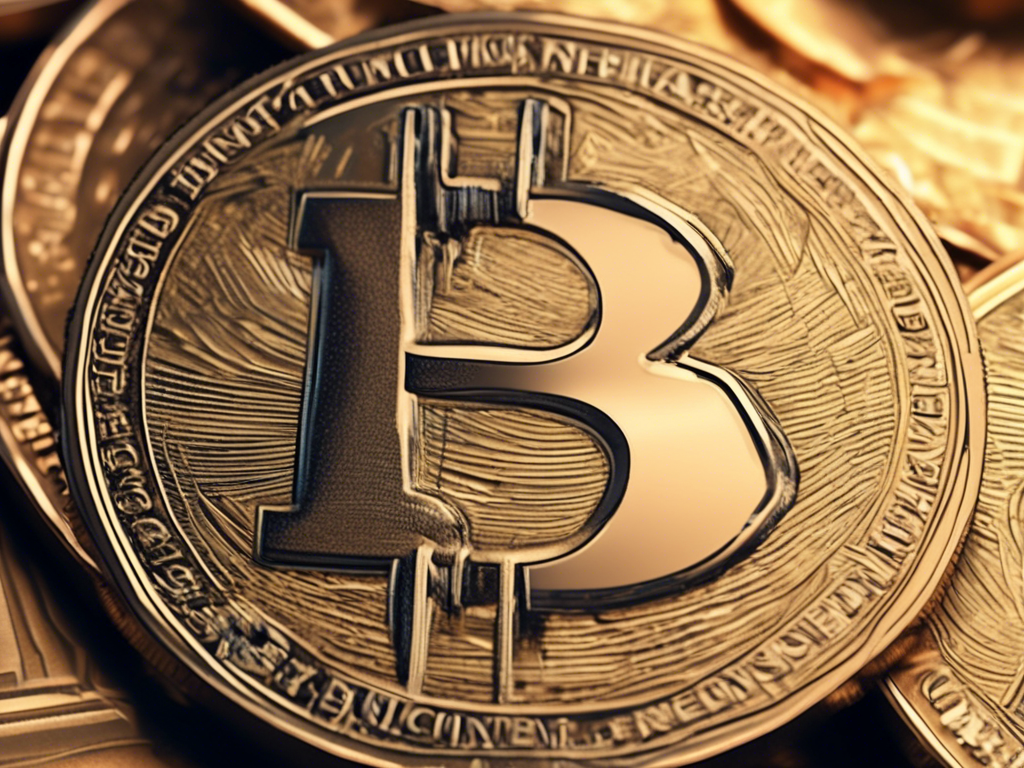Coinbase’s Response to SEC’s Petition For Appeal
The legal battle between Coinbase and the US Securities and Exchange Commission (SEC) continues to unfold with Coinbase filing a response to the commission’s petition for an initial motion for an interlocutory appeal. The response sheds light on the ongoing contention between the crypto exchange and the regulatory authority.
Clarification on Investment Contracts
Coinbase sought clarification from the US court on whether an investment contract can be established without any post-sale obligations. This issue is crucial to Coinbase’s case with the SEC as the exchange considers it a pivotal question of law in the ongoing legal dispute.
- The SEC argued against certifying an interlocutory appeal, stating that existing securities regulations like the Howey Test have been effective for decades.
- Coinbase countered the SEC’s argument, highlighting the novelty of the issue at hand regarding digital asset transactions.
Importance of the Interlocutory Appeal
In its latest petition, Coinbase emphasized the significance of the interlocutory appeal in determining the outcome of its legal battle with the SEC. The exchange believes that a favorable ruling could invalidate a significant portion of the SEC’s complaints against it.
- Over 70% of the SEC’s document requests and other legal actions could be eliminated with a successful interlocutory appeal.
- The focus of the SEC’s charges against Coinbase is on its platform and services rather than on the unrelated staking program.
SEC Charges Against Coinbase
On June 6, 2023, the SEC accused Coinbase of operating as an unlicensed securities exchange, broker, and clearing agency, leading to significant implications for the largest US exchange. The outcome of this case is expected to have far-reaching effects on cryptocurrency regulations in the United States.
Hot Take: Unveiling the Legal Battle’s Complexity
The ongoing legal standoff between Coinbase and the SEC reveals the complexity and nuances of regulatory challenges in the cryptocurrency industry. As both parties present their arguments and counterarguments, the outcome of this case could set precedent for future regulatory actions within the crypto space.





 By
By
 By
By
 By
By
 By
By
